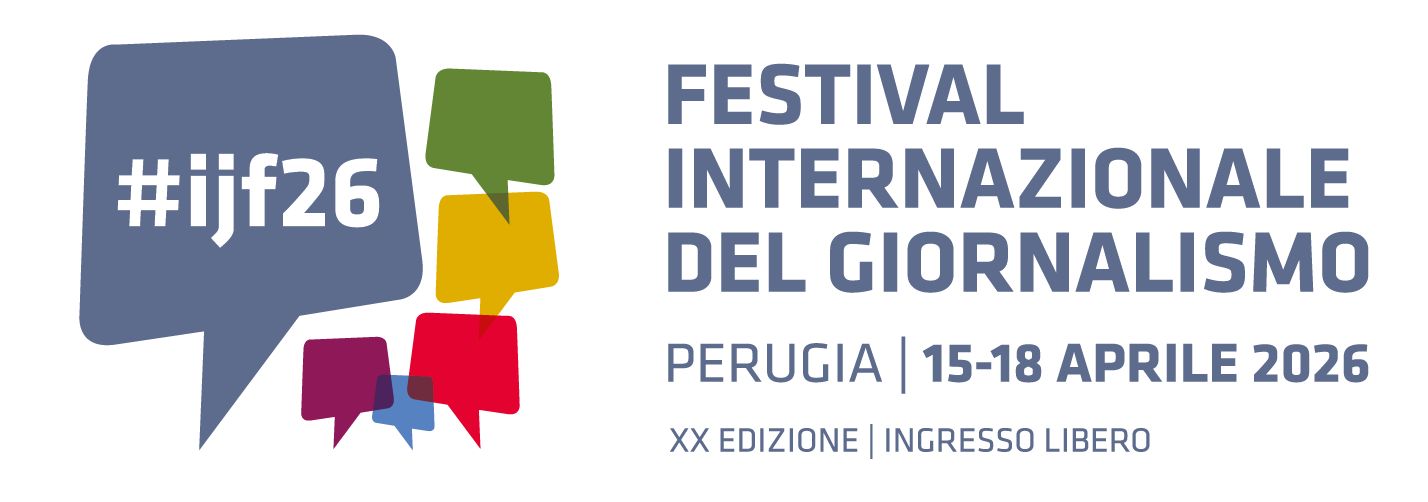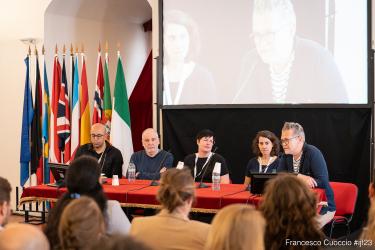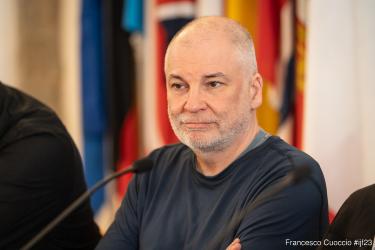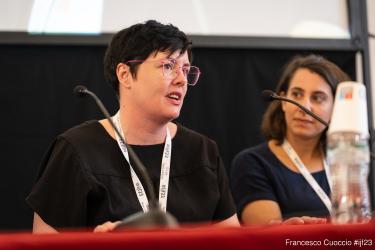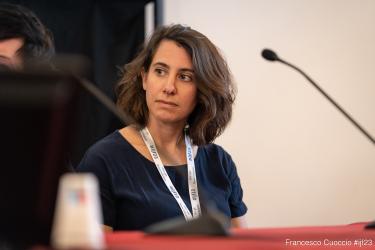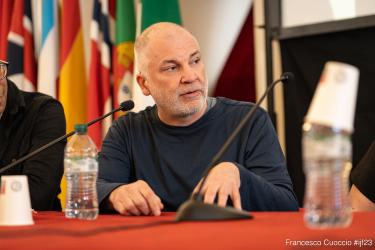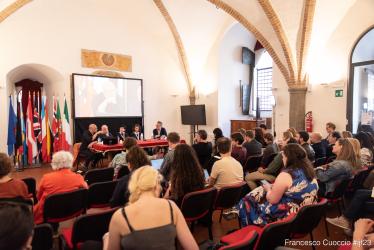While traditional publishers are shrinking, nonprofit newsrooms are on the rise. For a while now, especially investigative reporting is successfully nourished with charity due to its crucial role to a functioning democracy. According to the Index Report (2022) of the reputable Institute for Nonprofit News (INN) based in Los Angeles, the number of local nonprofit newsrooms in the US has more than doubled in five years. As of now, around 40% of nonprofit news organizations in the US are local – up from about 20% in 2017. Amongst them are the Voice of San Diego, others covering smaller communities, like Foothills Forum and Montclair's local nonprofit news, and newly founded newsrooms like Signal Cleveland, or Verite in New Orleans.
First movers like ProPublica, the Center for Public Integrity, or the honorable Center for Investigative Reporting (CIR) that was already founded in the late 1970s in California seem to have leveled the paths for a growing number of nonprofit journalism organizations in the US to follow their lead. Nonprofit news seems to also attract many institutions and newsrooms around the globe having created an „accelerate moment” that might have simultaneously initiated a major industry change – not only in terms of financing and prolonging the vulnerable news sector.
In the US, grants from foundations still make up the largest shares for nonprofit news – according to a 2020 report distributed by the INN that is 48 percent on average. Additionally, there is charity given by individuals (35 percent), earned profits (11 percent), and other revenue (5 percent). The Index also states that nonprofit news outlets generated an estimated $500 million in revenue in 2019, employing 3,500 people, including about 2,300 journalists alone in the US. INN estimates that local outlets will make up most of the nonprofit news organizations by 2024.
At the same time in Europe there is an estimated hope that philanthropy might be a powerful source of revenue shaking the entire news industry: At the latest since the pandemic-era there is a clear demand for charity for the news media sector to fill the void left by cost-cutting and impending insolvency of many publishers. For example, one of the biggest organizations in the UK, the Charitable Journalism Project (CJP), works to strengthen non-commercial journalism geared towards the common good. The Forum Nonprofit Journalism as its direct counterpart in Germany, is a nationwide initiative founded in 2020 by several renowned news outlets, foundations and education organizations in the field – such as VOCER, August Schwingenstein Foundation, Netzpolitik, Correctiv and MedWatch.
Currently, the forum is lobbying for a reform in nonprofit law to the benefit of journalism and for financially fueling the local news deserts: „The non-profit status of journalism must finally be recognized by the legislature and the tax offices,“ the Germany wide alliance demands. This step – so they are saying – would help preserve media diversity, strengthen journalism's critical and control function, and thus enliven the formation of public opinion in democracy. Therefore, the coalition aims to bundle experiential knowledge and expertise and effectively introduce themselves into the political arena. The aim is to find sensible regulations that can apply to nonprofit journalism in the future.
Thus, a thriving nonprofit-scene is not only fighting for their visibility and recognition of their own nonprofit status. Most of them are worried about the future of public service journalism itself. In Germany, currently only a fraction of the roughly 23,000 foundations support journalistic startups and initiatives. The expectations are high that this could change as soon as public-benefit journalism is included in the tax code on nonprofit status in Germany.
To achieve this aim, the nonprofit organization VOCER and its Institute for Digital Resilience, is starting a database project and network called NPJ.news in January 2023 funded by government and several foundations. NPJ.news (NPJ for “non-profit journalism”) will provide continuously updated information on (legal) funding bases, offers, mechanisms, and perspectives, searchable via filter functions. In addition, the information database will be supplemented with articles on funding organizations and funded projects and entities. In a European wide perspective NPJ.news’ goal is hopefully to: - strengthen journalistic projects and initiatives - support the scientific research of nonprofit business models, - serve to increase the visibility of nonprofit journalism, - support education of journalists in the nonprofit sector and - promote the exchange and networking of nonprofit journalists.
The questions that will be addressed in this panel discussion are the following: 1. Is journalism finally ready for becoming a subject of charity status? 2. How can be avoided that such initiatives harm existing, commercial providers of journalism? 3. What is at stake for them once the reform in nonprofit law is concluded? 4. What responsibility has the legislature by targeted intervening in the marketplace of news? 5. Will a philanthropic cause create sustainable revenue and allow nonprofit news models to grow? 6. Is there a chance that a nonprofit status gains back journalisms public recognition and its credibility with the audience? 7. Compared to other countries in Europe and in the US, what learnings, obstacles and challenges has nonprofit journalism brought about there? 8. What have European projects like the „Charitable Journalism Project” learned from their latest challenges and benefits in the field? 9. Finally, is charity news the key for a resilient media landscape – or will it backfire someday?
Organised in association with VOCER.
